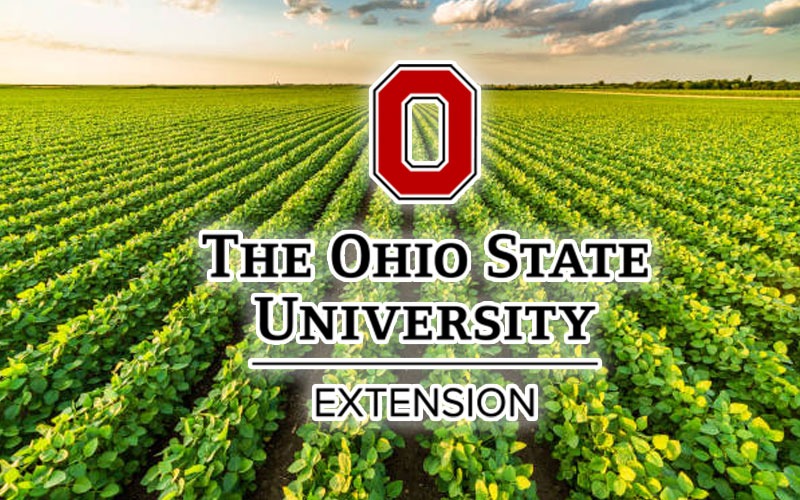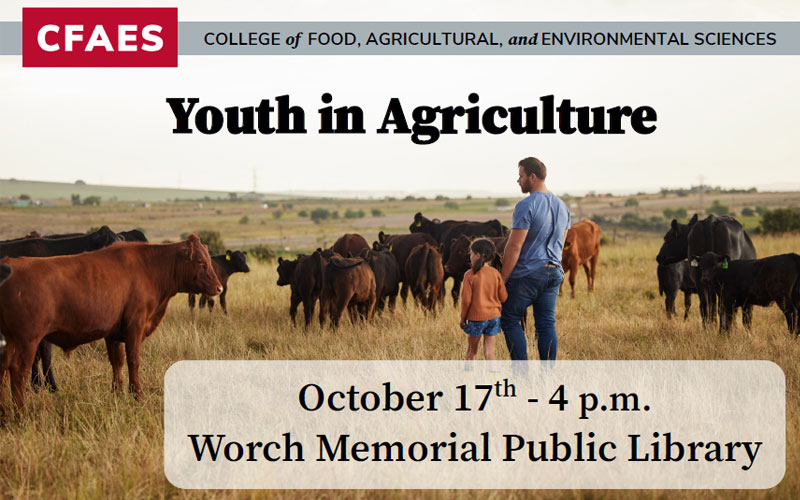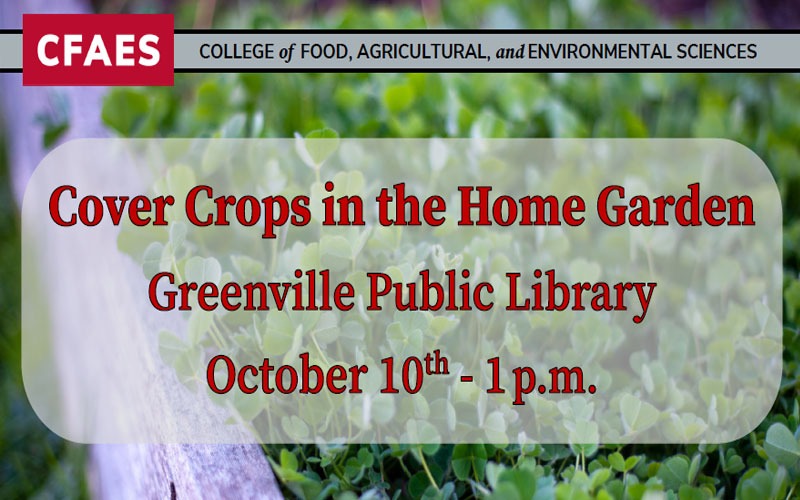
by CrownRandall | Oct 11, 2024 | Agriculture
“The last USDA Crop Progress & Condition report…indicated that 96% of Ohio’s corn acreage was at the dented stage (R5), 70% of corn was mature (R6), and 16% was harvested for grain. All of last week’s progress was well ahead of 2023 and the 5-year average for this time of the year.”
OSU Extension Corn and Emerging Crops Specialist Osler Ortez shares with us the latest corn yield updates from the USDA Crop Progress and Condition Report, which details crop conditions, yields, and harvest progress across the state.
https://agcrops.osu.edu/newsletter/corn-newsletter/2024-35/2024-end-season-corn-yield-forecasts-ohio

by CrownRandall | Oct 11, 2024 | Agriculture
“B-vitamins are water-soluble vitamins that are essential nutrients for the metabolism of mammals. Ruminants, like dairy cattle, are provided B vitamins by their rumen microbes. Since the rumen microbes provide B vitamins to the animal, they are not supplemented in their rations because we assume that microbial sources meet the animal’s B vitamin requirements. As dairy cattle continue to increase their milk production, additional B vitamins may be helpful.”
In this article, Dr. Kirby Krogstad of the Department of Animal Sciences discusses the role that B vitamins play in dairy cattle nutrition. He breaks down the multiple types of B vitamins and explains their purpose, as well as discusses the possibility of supplementing these vitamins in a dairy ration.
https://dairy.osu.edu/newsletter/buckeye-dairy-news/volume-26-issue-5/b-vitamins-basics-dairy-cattle-nutrition-%E2%80%93-part-i

by CrownRandall | Oct 8, 2024 | Agriculture
Today’s youth is the Future of Agriculture. Join Caden Buschur, Darke County Extension, ANR Educator, at the Worch Memorial Public Library at 790 Center St. in Versailles on Oct. 17 at 4 pm to discover careers available in the field of agriculture. He will discuss youth organizations, career pathways, and opportunities to get involved with agriculture at a young age

by CrownRandall | Oct 8, 2024 | Agriculture
Join Caden Buschur, Extension Educator, at the Greenville Public Library at 520 Sycamore St. in Greenville on Oct. 10 at 1 pm as he presents the benefits and potential challenges of cover crops. He will discuss which cover crops are best for your garden and how to go about planting, growing and terminating the crop.

by CrownRandall | Oct 8, 2024 | Agriculture
“Ohioans have been waiting a long time for the arrival of tropical moisture to help ease and reverse long-term drought conditions in the state. On Friday, September 27, 2024, a little too much of a good thing arrived with the name Helene.”
Dr. Aaron Wilson shares the latest weather update, focusing on the impacts that the hurricane has had on Ohio weather. Dr. Wilson also provides a forecast for the upcoming weather.
https://agcrops.osu.edu/newsletter/corn-newsletter/2024-34/hurricane-helene-howls

by CrownRandall | Oct 8, 2024 | Agriculture
“Step back in time and reminisce about what has happened the past 50 years with dairy cows and learn how to progress into the future.”
It’s no surprise that dairy cows are more productive now than they had been in the past, but it is fascinating to look at the details of just how much they have improved, and why. In this article, OSU Adjunct Professor Dwight Roseler compares the status of American dairy production in the modern day to its past status and discusses the reasons behind the improvements.
Factors include genetics, feed management, and cow care. Roseler also reminds us of the importance of focusing on the future of the dairy industry and thinking of the improvements yet to come.
https://www.farmanddairy.com/columns/back-to-the-future-in-dairy/843140.html



